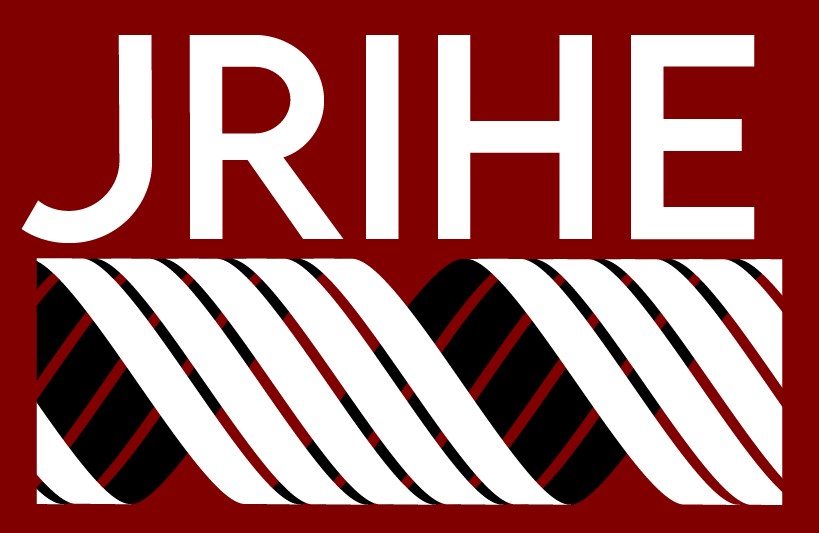University-based incubators, makerspaces and co-learning spaces as Creative Knowledge Environments: The case of a university-based CKE in Karachi, Pakistan

Published 2023-06-22
Keywords
- creative knowledge environment,
- creative knowledge production,
- creative learning spaces,
- co-learning spaces,
- makerspaces
- incubators,
- graduate employability ...More
How to Cite
Copyright (c) 2023 Hareem Salman

This work is licensed under a Creative Commons Attribution 3.0 Unported License.
Abstract
This paper seeks to understand three types of knowledge production spaces, namely co-learning spaces, incubators, and makerspaces through the framework of the Creative Knowledge Environment (CKE), a theoretical term coined by Hemlin, Allwood, & Martin (2004). The physical, social and cognitive environments of these three types of spaces is described, followed by a discussion on the growing importance of CKEs in the higher education sector and their role in enhancing graduate employability. A preliminary case study of a university-based CKE named Playground located in Habib University, Pakistan is introduced. Based on the analysis of this case study, the trans-sectoral, trans-disciplinary and trans-level nature of university-based CKEs is discussed. This study has three main outcomes. Firstly, it provides an umbrella term for various types of creative, collaborative spaces that exist in the higher education arena, by adopting the conceptual terminology of Creative Knowledge Environment. Secondly, through a preliminary case study, it sheds light on the presence of real CKEs in the higher education sector and shows how they are similar in nature to other types of CKEs. Thirdly, it concludes that university-based CKEs are truly transversal in nature; often not limited by discipline, sectors of society or levels of operation. This is eventually reflected in their development of transversal competencies (or soft skills) in university students, which enhances their graduate employability and entrepreneurialism in the long run.

